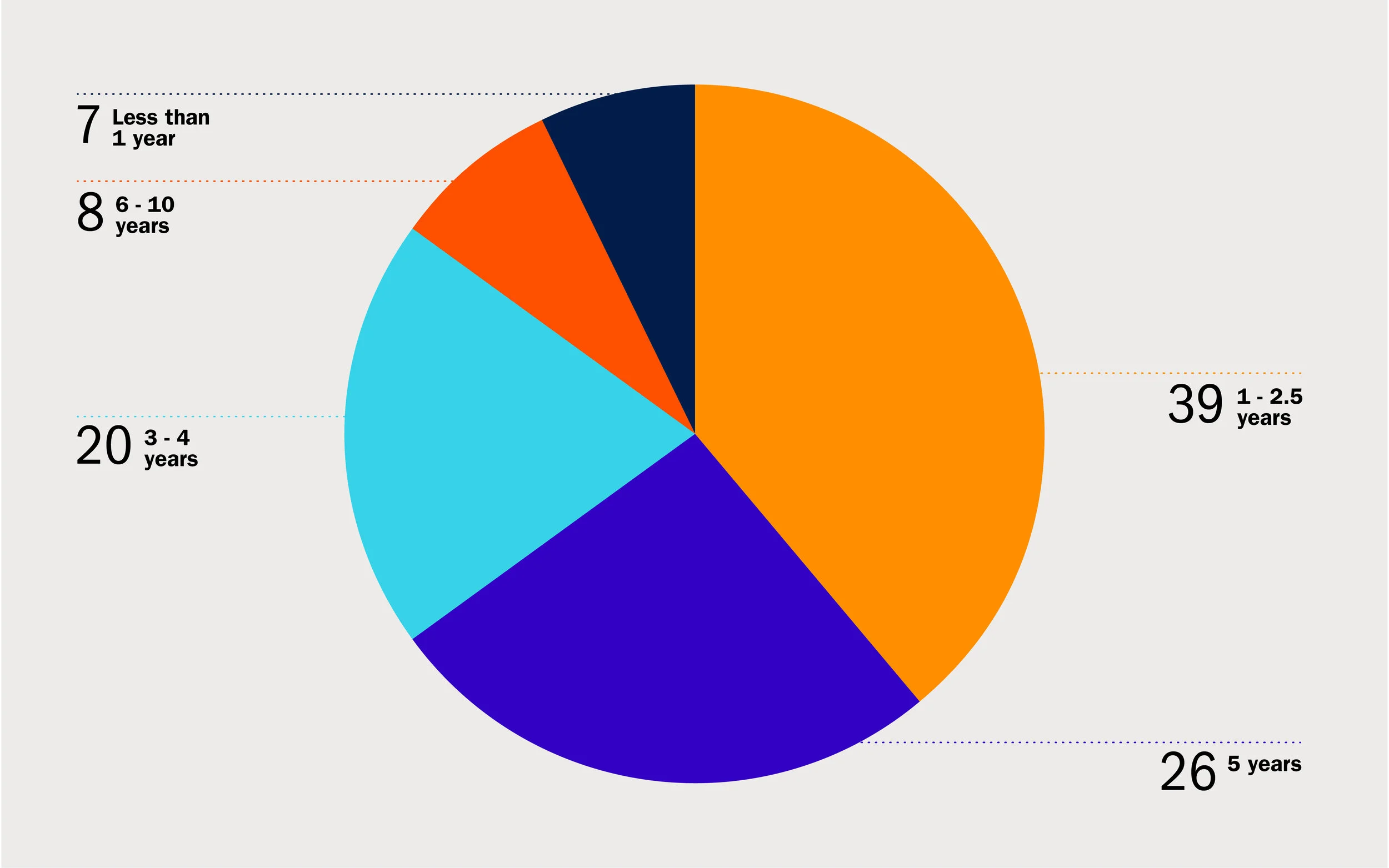
The penalties for animal cruelty
In England and Wales the Animal Welfare Act 2006 set out how people should look after animals. It places a duty of care on pet owners to provide for their animals’ basic needs, spells out the animal cruelty offences and sets out the penalties for breaching the law.
The maximum penalty available for animal cruelty in England and Wales was 6 months in jail for these offences, and/or an unlimited fine and/or a ban on keeping animals. In England and Wales, the Animal Welfare (Sentencing) Bill was introduced as a Private Member’s Bill by Chris Loder MP in February 2020. The Bill increased the maximum sentence for animal cruelty in England and Wales to five years, protecting millions of animals. Debate of the Bill was delayed several times so our campaign continued to put pressure on the Government to see it as an urgent priority.
The Scottish Government laid the Animals and Wildlife (Penalties, Protections and Powers) (Scotland) Bill before the Scottish Parliament in 2019 and in June 2020, it was passed unanimously by MSPs with the support of thousands of members of the public across the UK who let the Scottish Parliament know how seriously they take animal cruelty.
Campaign timeline
| Date | Milestone |
|---|---|
| 2006 | The Animal Welfare Act passes into law. |
| 2016 | Anna Turley MP launches Baby’s Law campaign to increase maximum sentences to five years. |
| February 2017 | Battersea launches its ‘Not Funny’ campaign. This was accompanied by Britain’s first comprehensive research report on the subject. The sister report for Scotland is published in August. |
| February 2017 | Anna Turley’s Bill is talked out at Second Reading in Parliament and it falls. |
| September 2017 | A Battersea reception at the Scottish Parliament is attended by many cross-party MSPs and the Minister Roseanna Cunningham; who makes clear the Government’s support for raising maximum sentences in Scotland. |
| September 2017 | Michael Gove MP, then Secretary of State for the Department of Environment, Food & Rural Affairs (DEFRA), announces to the Conservative party conference that the Government will increase the maximum sentence for animal cruelty to five years. |
| December 2017 | Michael Gove visits Battersea to announce a new draft Bill. |
| December 2017 | Sir Oliver Heald MP lays a 10-Minute Rule Bill called The Animal Welfare (Service Animals) Bill. |
| April 2019 | The Animal Welfare (Service Animals) Bill (Finn’s Law) passes into law. |
| June 2019 | The Government’s Animal Welfare (Sentencing) Bill is laid in the House of Commons. The Bill makes it through Second Reading and Committee with strong support but falls once during the prorogation of Parliament in October, and a second time when a General Election is called for December. |
| October 2019 | The Animals and Wildlife (Penalties, Protections and Powers) (Scotland) Bill is published by the Scottish Government. |
| February 2020 | Newly-elected Chris Loder MP brings forward the Animal Welfare (Sentencing) Bill as a Private Member’s Bill. Battersea holds a parliamentary reception to call for MPs in Westminster to support the Bill, which draws over 100 parliamentarians to attend. |
| July 2020 | The Scottish Bill passes and is granted Royal Assent. Scotland introduces five-year maximum sentences. |
| March 2021 | Chris Loder’s Bill completes its final House of Commons stages and progresses to the House of Lords. |
| April 2021 | The Bill progresses through the House of Lords before being passed into law. |
Statistics & facts
1. How do England and Wales compare with the rest of the world?
2. Maximum custodial sentences available for animal cruelty in 100 jurisdictions around the world
3. Are the sentences for animal cruelty proportionate?
4. Maximum permitted custodial sentences for a range of offences in England and Wales
How do England and Wales compare with the rest of the world?
The chart below shows the maximum custodial penalties provided for in law for animal cruelty in 100 jurisdictions around the world. These include:
36 European nations, including England and Wales, Scotland and Northern Ireland
50 States of the USA plus the District of Columbia
6 Australian States plus 2 Territories
5 other OECD countries (Canada, Israel, Japan, New Zealand and Turkey).
The penalties shown are for the most serious cases of animal cruelty, such as intentionally torturing an animal, causing it serious injury or death.
Maximum custodial sentences available for animal cruelty in 100 jurisdictions around the world

Of the 100 jurisdictions studied:
over half (54%) can impose a prison sentence of 3 years or more
a third (34%) can impose a sentence of 5 years or more in prison
8% allow for prison sentences of more than 5 years.
England, Wales and Scotland’s position in this global picture is presented in chart below which shows the maximum penalties in individual countries in Europe and the USA.
Are the sentences for animal cruelty proportionate?
Proportionality in sentencing is a key principle of justice – the sentence must fit the crime.
The Courts must decide the most appropriate sentence for individual crimes but it is the role of the Parliaments to set the maximum penalties for offences, reflecting their views of the relative seriousness and creating the framework within which sentencing decisions must be made.
In relation to animal cruelty, in England and Wales the maximum sentence was just six months in prison.
Both these sentences were much lower than the maximum permitted sentences for many other crimes.
Is it proportionate that the most serious offences of animal cruelty such as torturing an animal to death were considered less serious than, for example, fly tipping or theft?



